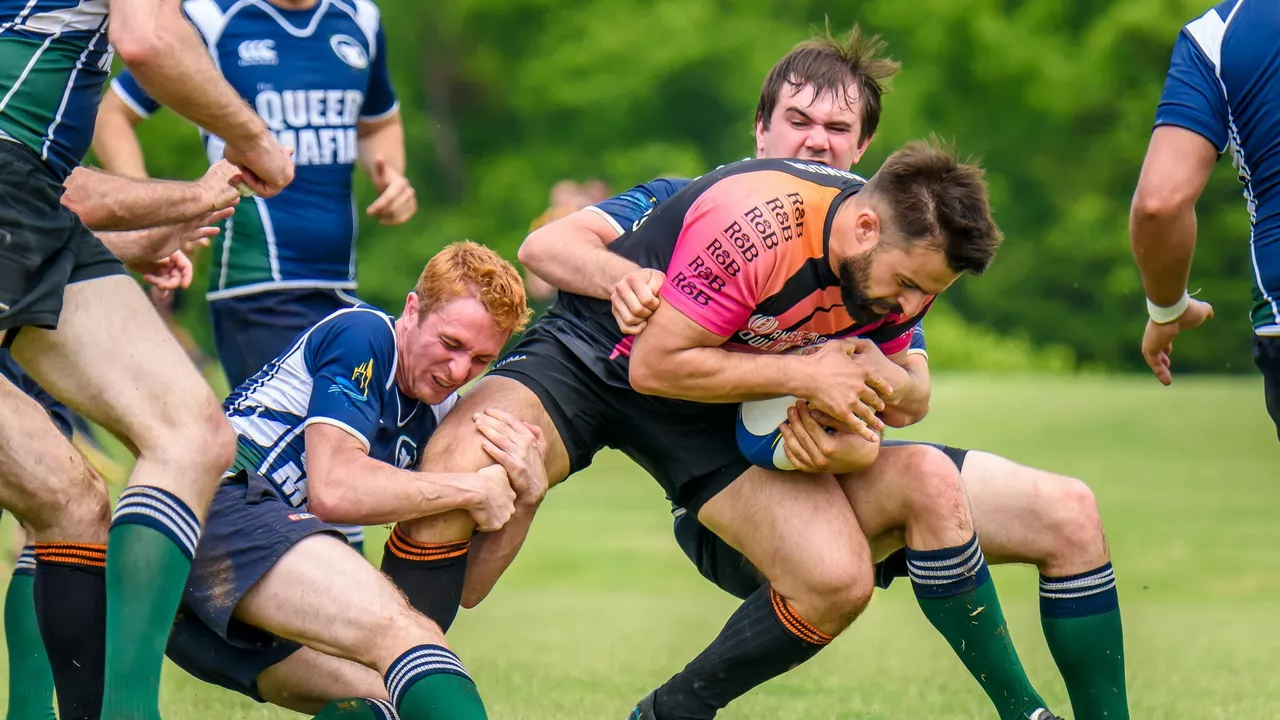Rugby Culture: What Makes the Game More Than Just a Sport
Ever wonder why rugby feels like a family gathering every weekend? It’s not just the tackles or the tries – it’s the vibe, the stories, and the shared moments that glue everyone together. At Old Warriors Rugby Club we live it every day, and you’ll see the same buzz in clubs around the world.
From Schoolyards to Stadiums – A Quick History
Rugby started in English schools in the early 1800s, born out of a simple rule change: pick up the ball and run. That split from what we now call football gave us a game that rewards strength, strategy, and teamwork. Over the decades the sport spread to New Zealand, South Africa and beyond, creating iconic teams like the All Blacks, who many call the "Real Madrid of rugby" for their dominance.
Legends like Jonah Lomu turned the game into global entertainment. Lomu’s blend of speed and power showed that rugby could produce athletes who are both fierce and graceful. Those memories keep the sport’s history alive in every locker room and fan chant.
Community, Camaraderie, and the Club Experience
Step onto any local pitch and you’ll feel the same sense of belonging. Clubs like Old Warriors aren’t just places to play; they’re hubs where friendships form over post‑match pies, where parents volunteer to coach kids, and where veterans pass down tricks to the next generation. That community spirit is why people keep coming back, even when the weather is miserable.
Fans bring their own rituals – the pre‑match sing‑alongs, the post‑try high‑fives, the haka in New Zealand, or the simple act of wearing a club scarf. These traditions give the crowd a voice and make each game feel like a shared story.
Even beyond the field, rugby culture shapes personal habits. Players learn discipline, respect and resilience. Referees, for example, go through a World Rugby course that mixes theory with on‑field practice, ensuring the game stays fair and safe. That dedication trickles down to every part of the club.
What about the crossover appeal? Some rugby stars have tried their hand at the NFL, bringing rugby’s continuous play style to American football. While the two games have different rules, the athleticism and mental toughness translate well, showing how rugby’s culture of versatility can break boundaries.
Today, the sport’s popularity keeps growing. New fans are drawn by its blend of physicality and strategy, and old fans stay because the community never stops cheering. Whether you’re watching a world cup final or a local youth match, you’re part of a global family that values respect, teamwork, and a good laugh after a hard‑hit game.
So next time you hear the crowd roar, remember it’s more than just a game. It’s a living culture that connects people across ages, backgrounds and continents – and you’ve got a front‑row seat at Old Warriors Rugby Club.
Why are rugby players so rowdy?
From my perspective, the rowdiness observed among rugby players often stems from the nature of the sport itself, which is highly physical and competitive. The high adrenaline levels during the game may cause players to appear more aggressive or rowdy. Furthermore, the strong camaraderie and team spirit in rugby often translate into high energy group dynamics. However, it's essential to note that this behavior is usually contained within the game and doesn't reflect players' personal conduct. Lastly, the rowdiness is sometimes encouraged by audiences who enjoy the rough and tumble aspect of rugby.
